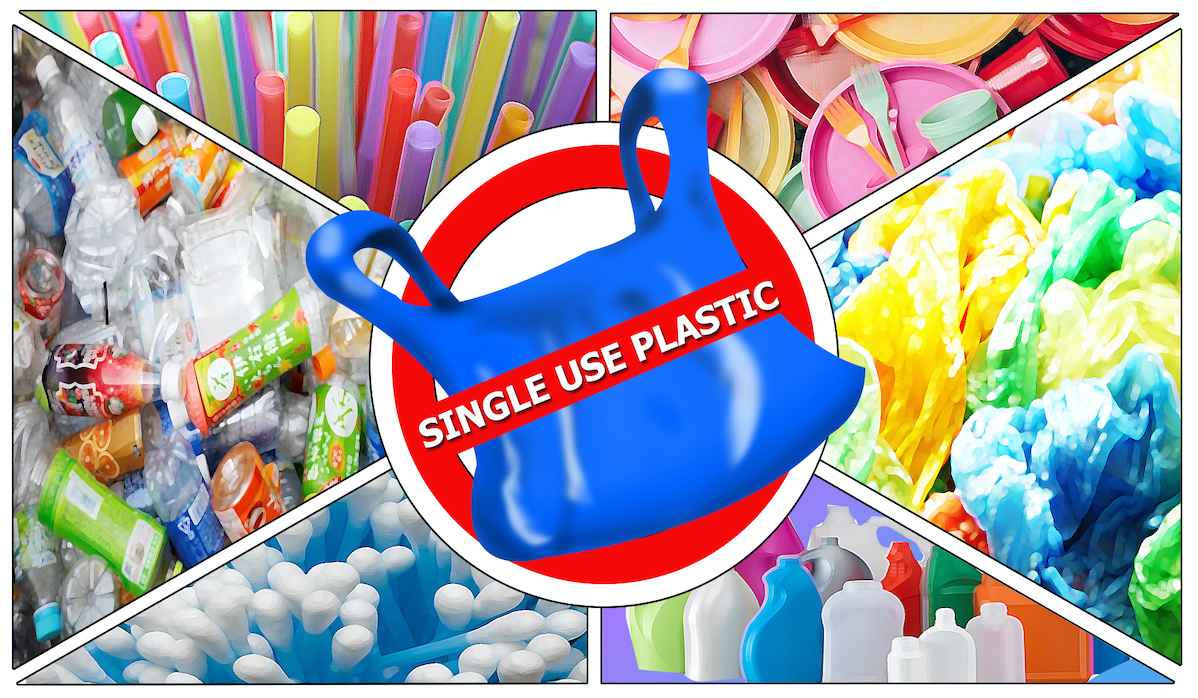Tarun Karthick
Port Blair, 08 December 2023
In a bid to curb environmental hazards and promote sustainable practices, authorities have issued a sweeping directive urging a halt to the production, distribution, and usage of specific single-use plastic (SUP) items. The move targets a wide array of stakeholders, encompassing producers, stockists, retailers, shopkeepers, e-commerce platforms, street vendors, and various commercial establishments, among others.
Citing Rule 4(2) of the PWM Rules, 2016 (as amended), the directive expressly prohibits the manufacturing, import, storage, distribution, sale, and utilisation of an extensive list of SUP items, including polystyrene and expanded polystyrene products. Items like plastic sticks for balloons, candy sticks, plastic flags, and polystyrene for decoration are among the banned commodities.
Further reinforcing the ban, additional restrictions encompass items like plastic plates, cups, glasses, cutlery (forks, spoons, knives, straws), trays, wrapping or packing films around specific items, and plastic banners less than 100 microns in thickness. Also included are PET bottles for water and beverages less than 2 litres, plastic-bodied cigarette lighters, sachets containing personal care items, plastic pens meant for single-use and disposal, as well as plastic sheets or pouches used for various packaging purposes, including bubble wraps.
The directive, backed by notifications from the A&N Administration, specifically targets the A&N Islands, prohibiting the manufacture, storage, use, import, transportation, distribution, and sale of single-use plastic items in the region. This includes a complete ban on plastic carry bags regardless of their thickness, size, colour, or nature. Moreover, the display or advertisement of SUP items on all e-commerce websites operating in the region is also strictly prohibited.
Authorities have advised strict adherence to these directives, emphasising the significance of compliance. Non-compliance will prompt necessary action as deemed fit, with concerned entities urged to report any violations to the appropriate authorities.
This comprehensive ban seeks to address the escalating concerns regarding single-use plastics, aligning with broader efforts to foster sustainable practices and mitigate environmental degradation.

